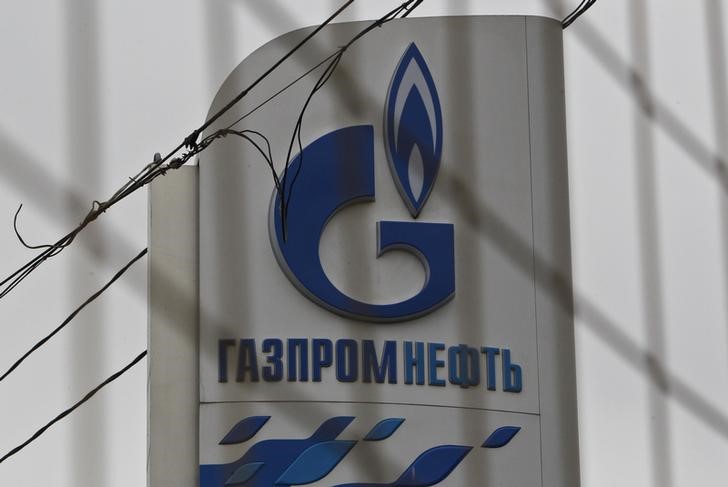By Geoffrey Smith
Investing.com -- Russian gas monopoly Gazprom (MCX:GAZP) said it will renew supplies of natural gas to Italy, after finding a resolution to a dispute over transit flows with Austrian regulators.
The news breaks a recent pattern of episodes that have escalated the economic war being waged by Russia and the EU in parallel with the military war Russia is waging in Ukraine. It's also a vital source of relief for Italy, Gazprom's second-biggest European customer after Germany, which is more reliant than most European countries for gas to fuel its power stations.
"Gazprom and its Italian partners have found a solution regarding the format of interaction with regard to regulatory changes introduced in Austria at the end of September," the company said in a brief message on its Telegram channel. "The Austrian regulator has signalled its willingness to confirm nominations for transit from Gazprom Export, which allows it to resume supplies of Russian gas through Austrian territory."
The dispute was the first serious test of unity for the new right-wing coalition government of Italy, which is likely to be headed by Giorgia Meloni and her Brothers of Italy party. Meloni has been more solidly pro-Ukraine and anti-Russian in her rhetoric during the election campaign than either of her allies, Silvio Berlusconi's Forza Italia and Matteo Salvini's Lega Nord party.
Benchmark European gas prices fell to their lowest in two and a half months in response to the news, which reduces the necessity for Europe to find alternative sources of gas in the short term. By 02:50 ET (06:50 GMT), front-month Dutch TTF Futures were down 3.0% at 157.00 euros a megawatt-hour.
While prices are down by more than half from their peak in April, they are still around eight times their average over the decade before the current war broke out - a level widely seen as unsustainable for much of the European economy.
Executives from energy trading groups Vitol and Trafigura told a conference on Monday that they expect Europe to negotiate a way through the upcoming winter thanks to high storage levels and big reductions in industrial demand, but warned that the winter of 2023/4 could be worse, as the EU won't be able to replace all of its lost Russian gas supplies with its current import infrastructure.
